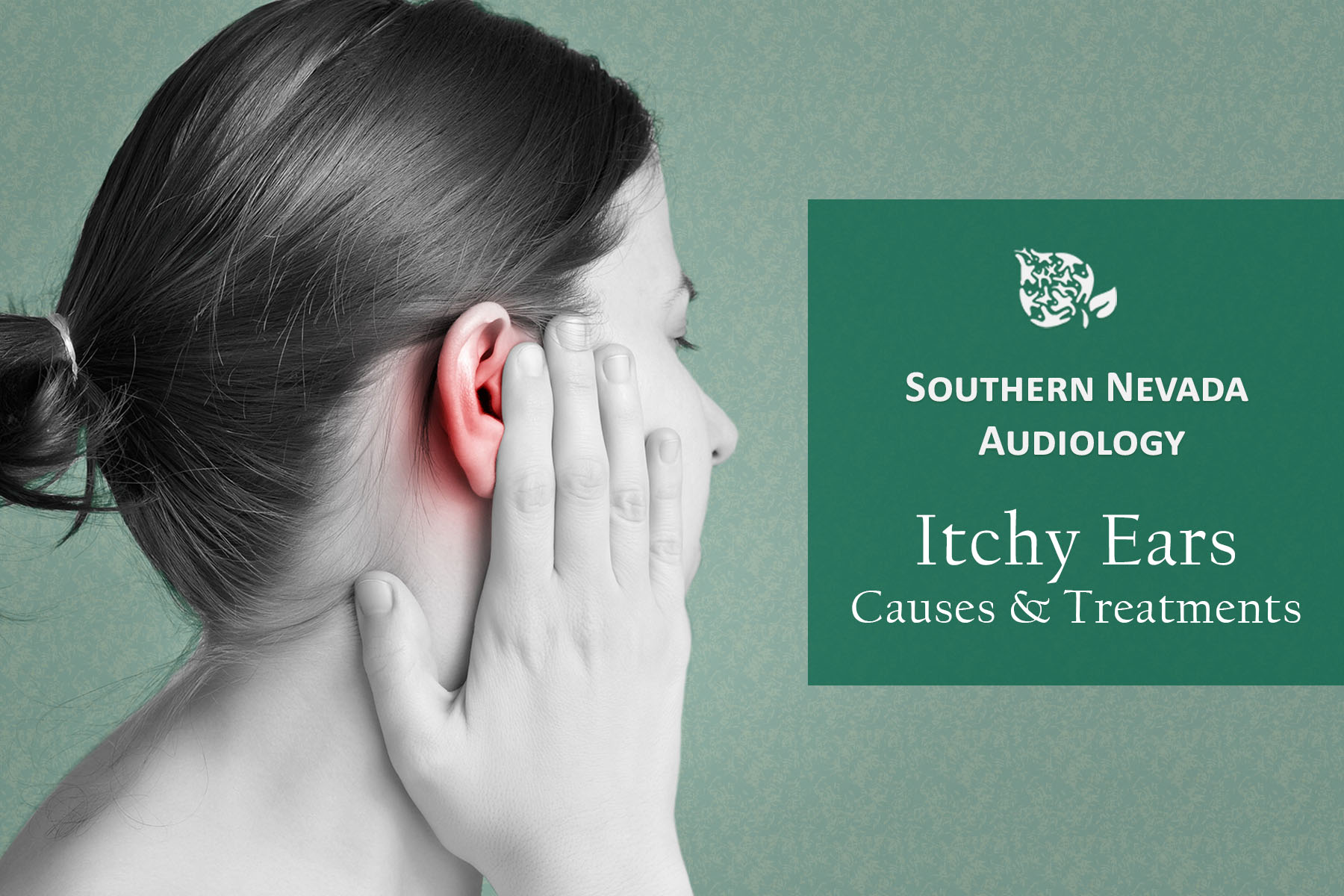What Can I Do If My Ears Are Itchy?
Occasional ear itching is a frequent problem. The impulse to scratch one’s ears is strong since these areas are so sensitive and vulnerable to infection. In most cases, this is not a problem. However, ear itching can occasionally lead to more serious issues, including permanent damage to the ear canal.
Why Do My Ears Itch?
There are a variety of potential causes for ear itching. Itchy ears can be caused by anything that irritates the skin in that area, such as an insect bite or a fungal infection. When dealing with irritation, it is always best to consult a professional who can help narrow down the possible causes and provide a treatment plan.
Psoriasis, for instance, is a frequent reason for ear irritation. Psoriasis is characterized by the buildup of extra skin cells in the skin’s outermost layers, and it is caused by an autoimmune reaction. It’s very uncommon for the ear to experience scaling and itching when the accumulation of dead skin cells exceeds the rate at which they are removed.
An outer ear infection is another common cause (otitis externa). A common cause of this is swimming in chlorinated pools that are not well maintained or in lake water, thus the alternate term “swimmer’s ear.” Nonetheless, it can manifest itself when the ear is subjected to unclean objects, such as earphone buds.
Even though earwax helps prevent infections of the outer ear, it may sometimes be irritating to the skin. When there is an excess of earwax, it can build up and cause discomfort if it blocks the ear canal. Underproduction can cause the skin of the outer ear to dry up and crack, which in turn can cause persistent itching.
There are situations when ear irritation is the result of an anaphylactic reaction. This may be anything as basic as shampoo or a different type of ear medication. Ear canal inflammation and discomfort can also be brought on by using cotton swabs.
Ear Itching: Causes and Remedies
There are several potential causes of itching ears, therefore the treatment advised by your doctor will change based on the diagnosis. In order to promote natural healing, doctors often recommend self-care measures for patients to implement at home. You will need to exercise some self-control here:
– To keep water from getting into inflamed regions, use a shower cover
– Wait to go swimming until your condition improves.
– Do not scratch or tug at your ears.
The treatment plan will change if an ear infection is found to be the root cause. In such instances, medical professionals typically recommend: Drops containing antibiotics to kill the microbes responsible for the itch, as well as drops containing corticosteroids to reduce the inflammation and pain in the area around the ear. There are circumstances where anti-fungal drops are necessary (or a combination of these medications).
When an allergy is suspected as the cause of ear itching, patients may undergo testing to identify allergens, and physicians may advise patients to refrain from using specific items or engaging in certain activities, such as swimming.
Earwax removal may be suggested to unclog the ear canal if it turns out to be the problem. Earwax removal can be achieved using a variety of methods, including irrigation, softening drops, suction, and curettes (small tools used to scrape up earwax).
Additionally, there are certain tried-and-true home treatments that might help. However, if the irritation persists, it’s best to see a doctor. The most important thing to keep in mind is that if you go to a doctor quickly enough, ear irritation is usually treatable and can even be prevented from becoming a persistent problem.
Please schedule your hearing assessment checkup with Southern Nevada Audiology in Las Vegas today! Learn more about the advancements in modern hearing aids.

